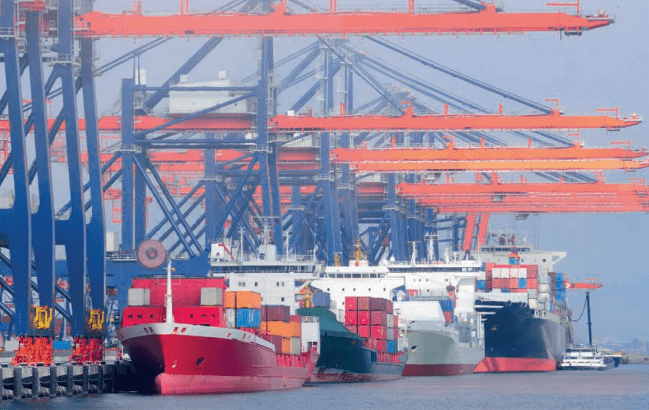The World Trade Organization (WTO) called to reestablish its Appellate Body and thus «avoid blocked rulings and unilateral retaliation.»
The Appellate Body, the last instance for settling disputes, is composed of seven people and can confirm, modify or revoke the findings and legal conclusions of a court (panel); likewise, the reports of the Appellate Body, once adopted by the Dispute Settlement Body, must be accepted by the parties to the dispute.
«I encourage members to consider the commitments they would be willing to make to maintain a vital two-step review process for the resolution of trade disputes and to avoid the possibility of blocked failures and unilateral retaliation,» said Roberto Azevêdo, in a message. as part of the Organization’s Annual Report 2020.

The importance that WTO members attach to the institution’s dispute settlement function was underlined by the highest level of activity ever seen in 2019, with 23 reports and decisions issued during the year.
At the same time, at the end of the year, members were unable to reach consensus on a set of proposals put forward by the then Chairman of the Dispute Settlement Body in an attempt to address concerns about the functioning of the Appellate Body.
WTO
The WTO procedure for resolving trade disputes under the Dispute Settlement Understanding is vital to enforce the rules, and therefore to ensure that trade flows smoothly.
The Appellate Body is dismantled, due to the United States’ reluctance to replace panelists whose term of office has ended.
In general, the United States has blocked the appointment of new panelists as a pressure measure to generate an internal reform to the WTO, with the purpose of reducing the number of members classified as “developing” and reducing their consequent benefits, as well as clarifying the binding provisions in judicial matters, eroding what is outlined as a system of «justice» and bringing it more to a «conciliatory» one through negotiations.
In late April, a group of 46 members of the Organization agreed on a mechanism to guarantee the settlement of disputes between them.
Australia, Brazil, Canada, China, Chile, Colombia, Costa Rica, Guatemala, Hong Kong, China, Iceland, Mexico, New Zealand, Norway, Pakistan, Singapore, Switzerland, Uruguay and the European Union (and its 27 member states plus the United Kingdom temporarily) have signed the Multi-Party Interim Appeal Arbitration Agreement (MPIA).
WTO members who are parties to the agreement will use the arbitration procedures currently provided for in the WTO Dispute Settlement Understanding (DSU) to make any appeal to the conclusions of the WTO panels. Appeals are expedited with a maximum period of 90 days to complete them.

